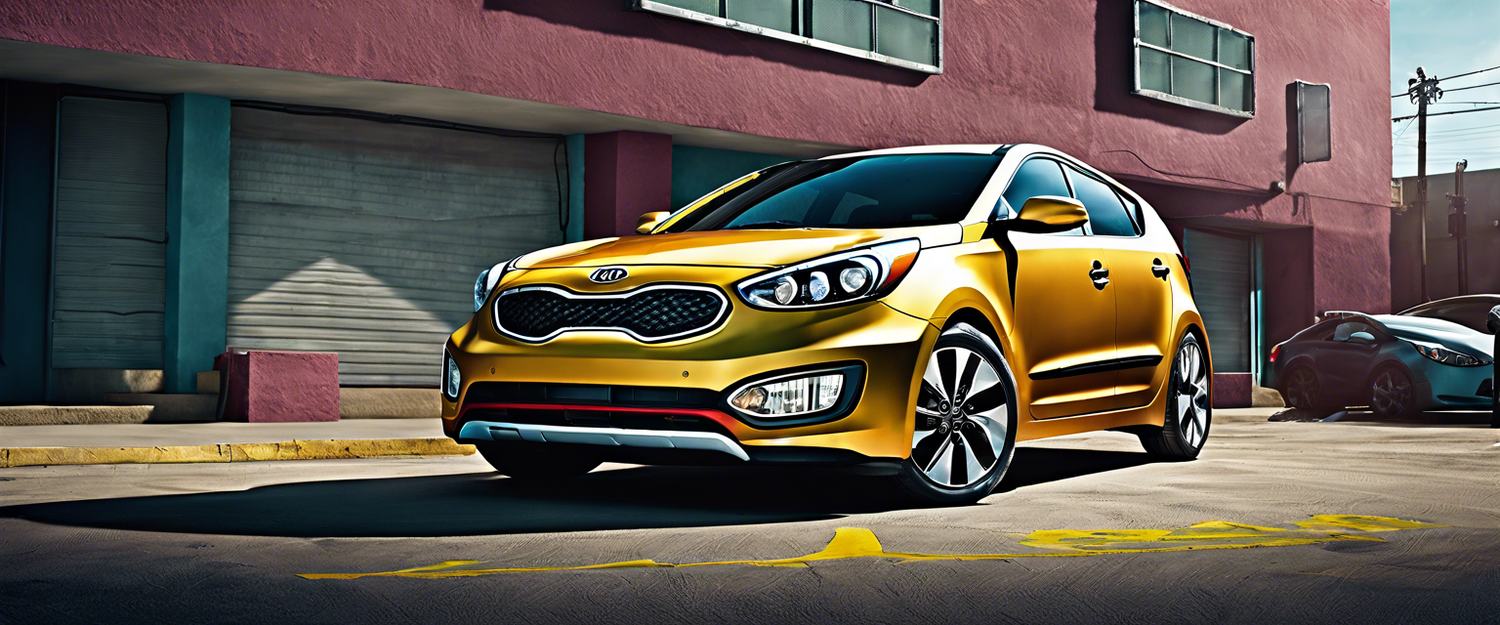The Rising Issues of Car Theft: A Closer Look at Kia and Hyundai
The recent surge in car thefts has thrown the automotive industry into a tailspin, with specific brands facing a hurricane of challenges. Among them, Hyundai and Kia have come under the spotlight for the alarming rates of vehicle thefts, predominantly spearheaded by a group known as the "Kia Boys." As the industry grapples with solutions, these automakers have embarked on a journey to enhance the security of their vehicles.
Understanding the Kia Boys Phenomenon
The term "Kia Boys" refers to a group of thieves who have gone viral on social media platforms, particularly TikTok, for their tutorials on how to steal Hyundai and Kia vehicles equipped with deficient security systems. These instructional videos detail how to bypass the vehicles' ignition systems using basic tools like USB cables, leading to a wave of thefts during the pandemic.
Software Update: A Game Changer?
To combat this rampant theft, Hyundai and Kia rolled out a significant software update starting February 2023. This update targeted vehicles manufactured between 2015 and 2019 that lacked electronic immobilizers—extensive security features standard in many other car brands.
Results of the Update
- The Highway Loss Data Institute (HLDI) reports theft claim frequencies dropped by 53% for vehicles that received the software update.
- Whole vehicle theft rates plummeted even further, showcasing a drastic reduction of 64%.
- As of December 2023, it was found that about 30% of the eligible Hyundai vehicles and 28% of Kias had received the update.
Challenges Still Ahead
Despite these positive outcomes, theft rates for Hyundai and Kia vehicles continue to be formidable, remaining elevated compared to other brands. The HLDI noted that the theft claim frequency in the latter half of 2023 was overwhelmingly higher, being more than 11 times than the first half of 2020.
How the Software Works
The latest software update aims to function like a software-based immobilizer by:
- Extending the alarm sound duration from 30 seconds to one minute
- Requiring a key in the ignition to start the vehicle
This update, however, relies heavily on the driver's actions. If drivers forget to lock their vehicles using the key fob, the new security measures may fail to activate, leaving loopholes for potential theft.
Vandalism: An Alarming Trend
In addition to thefts, many Hyundai and Kia owners are facing increased vandalism claims. Even when thieves are unsuccessful in stealing the vehicles due to the software upgrade, they often resort to breaking in, stealing personal items, and damaging the interior.
What Lies Ahead?
As Hyundai and Kia continue to enhance their vehicle security, the public's awareness and driving habits will play a vital role in determining the efficacy of these updates. With a significant number of vehicles still vulnerable, the battle against the "Kia Boys" remains ongoing. The automakers' priority will be to ensure that more owners take advantage of these vital upgrades and embrace best practices to secure their vehicles.
Conclusion
The automotive industry is slowly adapting to the reality of an evolving thief landscape. Hyundai and Kia have taken notable strides to curb car theft, primarily influenced by social media trends. As these updates gain traction, the future looks promising yet challenging in combating car theft.
For further updates on how the automotive industry is responding to increasing vehicle thefts and enhancements in security technologies, stay tuned!



댓글 남기기
모든 댓글은 게시 전 검토됩니다.
이 사이트는 hCaptcha에 의해 보호되며, hCaptcha의 개인 정보 보호 정책 과 서비스 약관 이 적용됩니다.